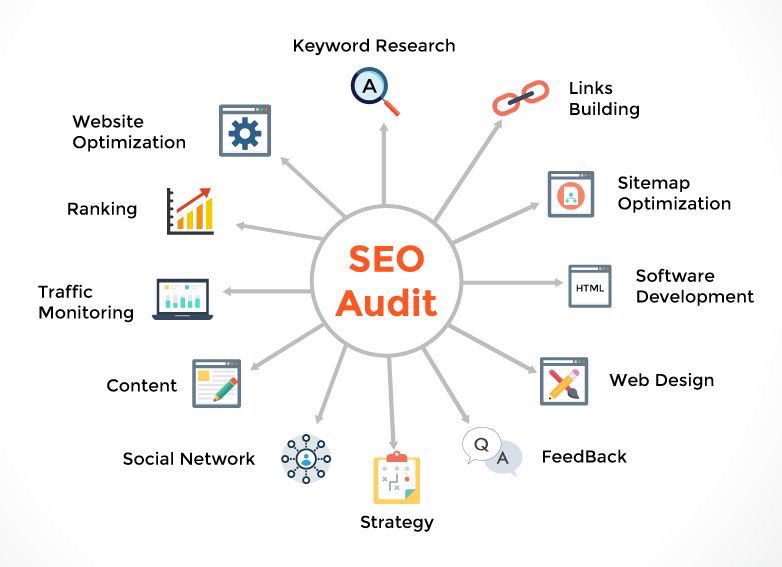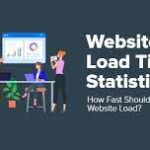In today’s digital landscape, having a strong online presence is essential for success. And when it comes to attracting visitors to your WordPress website, Search Engine Optimization (SEO) plays a crucial role. But how do you ensure that your site is optimized for search engines? The answer lies in conducting an SEO audit. In this beginner-friendly guide, we’ll walk you through the process of auditing your WordPress website to identify areas for improvement and boost your search engine rankings.
WordPress:
WordPress (also known as WP or WordPress.org) is a web content management system. It was originally created as a tool to publish blogs but has evolved to support publishing other web content, including more traditional websites, mailing lists and Internet forum, media galleries, membership sites, learning management systems and online stores. Available as free and open-source software, WordPress is among the most popular content management systems.

SEO Audit:
An SEO audit is a comprehensive analysis of your website’s performance in search engine results. It involves examining various factors that impact your site’s visibility, such as on-page optimization, backlink profile, site speed, and more. By conducting an audit, you can identify areas where your site is excelling and areas where it can be improved to increase its visibility and attract more organic traffic.

Step 1: Set Clear Objectives
Before diving into the audit process, it’s essential to define your goals. What are you hoping to achieve with your SEO efforts? Whether it’s increasing organic traffic, improving rankings for specific keywords, or enhancing user experience, having clear objectives will guide your audit and help you prioritize tasks.
Step 2: Evaluate On-Page Optimization
On-page optimization refers to the elements of your website that you can directly control, such as content, meta tags, and internal linking structure. Start by reviewing your site’s content to ensure it is relevant, valuable, and properly optimized for target keywords. Pay attention to title tags, meta descriptions, heading tags, and image alt attributes, as these elements play a crucial role in how search engines interpret and rank your content.
Step 3: Assess Technical Performance
Next, assess the technical aspects of your website that can impact its performance in search results. This includes factors such as site speed, mobile-friendliness, crawlability, and indexing. Use tools like Google PageSpeed Insights and Google’s Mobile-Friendly Test to identify any issues that may be hindering your site’s performance and take steps to address them.
Step 4: Analyze Backlink Profile
Backlinks are links from other websites that point to your site, and they are a key factor in determining your site’s authority and credibility in the eyes of search engines. Analyze your backlink profile to identify the quality and quantity of backlinks pointing to your site. Look for opportunities to acquire high-quality backlinks from reputable sources within your industry and address any toxic backlinks that may be harming your site’s reputation.
Step 5: Monitor Website Analytics
Finally, regularly monitor your website analytics to track the effectiveness of your SEO efforts and identify areas for further optimization. Pay attention to metrics such as organic traffic, keyword rankings, bounce rate, and conversion rate. By analyzing these metrics over time, you can gain valuable insights into how users are interacting with your site and make data-driven decisions to improve its performance.
Conclusion:
Conducting an SEO audit is a critical step in optimizing your WordPress website for search engines. By evaluating factors such as on-page optimization, technical performance, backlink profile, and website analytics, you can identify areas for improvement and take proactive steps to boost your site’s visibility and attract more organic traffic.
Remember, SEO is an ongoing process, and regular audits are essential to ensure that your website remains competitive in the ever-changing landscape of search engine algorithms. By staying informed and proactive, you can position your WordPress website for long-term success in the digital marketplace.
Explore more:
https://wordpressguidance.com/2024/02/20/wordpresswith-the-best-ai-plugins/
https://wordpressguidance.com/2024/02/14/exploring-lifterlms-2024/


















